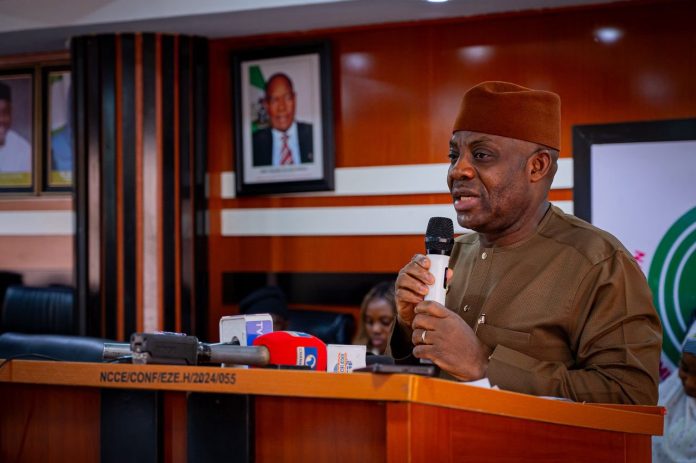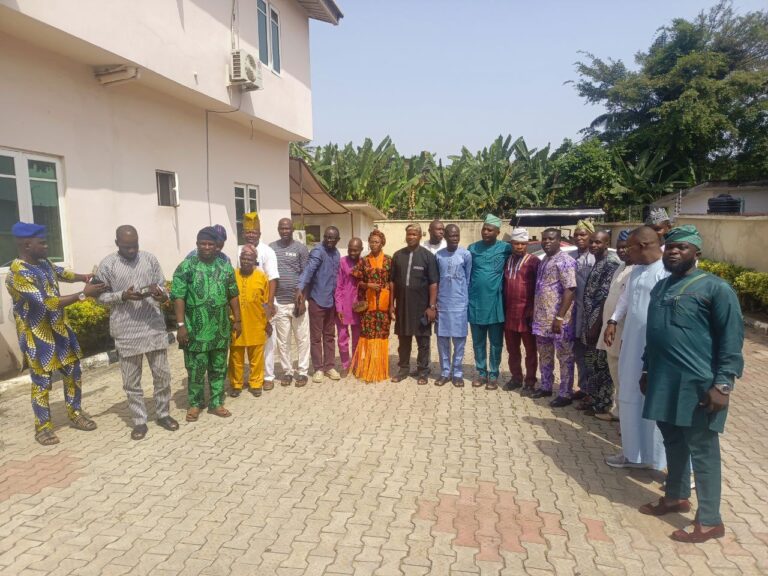
xr:d:DAF1te7PdWE:2,j:1959476735152025924,t:23120105
In a major move to overhaul Nigeria’s higher education landscape, the Federal Government has greenlit nine new private universities, ending years of regulatory delays and unlocking billions in dormant investments.
The announcement was made by the Minister of Education, Dr. Tunji Alausa, during a press briefing on Wednesday after the Federal Executive Council meeting held at the Presidential Villa and presided over by President Bola Tinubu.
The newly licensed institutions include; Tazkiyah University Kaduna, Leadership University Abuja, Jimoh Babalola University Kwara State, Bridget University Mbaise, Imo State, Greenland University Jigawa, JEFAP University Niger State, Azione Verde University Imo State, Unique Open University Lagos State, and American Open University Ogun State.
Alausa revealed that the Tinubu administration met 551 pending tertiary institution requests. After applying stricter screening measures, only 79 were considered viable, and nine were approved at the council meeting.
“Many of these institutions have waited for over six years to receive accreditation,” Alausa said. “In some cases, promoters had already constructed physical campuses and invested billions of naira, but their applications remained stuck due to inefficiencies within the National Universities Commission (NUC).”
He noted that the Federal Government had implemented a series of reforms within the NUC to streamline the approval process for private universities, which had previously been plagued by bureaucratic delays.
“These reforms are now yielding results,” the minister stated. “The approvals granted today are part of efforts to clear the backlog and improve the quality and quantity of tertiary education in Nigeria.”
Alausa further disclosed that the Federal Government had placed a moratorium on new applications for private universities, polytechnics, and colleges of education except those that meet newly established operational standards.
He emphasized that the new regulatory framework is aimed at ensuring only credible and sustainable institutions are allowed to operate, in order to maintain high standards in the country’s educational sector.
The development is expected to provide additional opportunities for university education in Nigeria, where competition for limited spaces in public institutions remains high.







